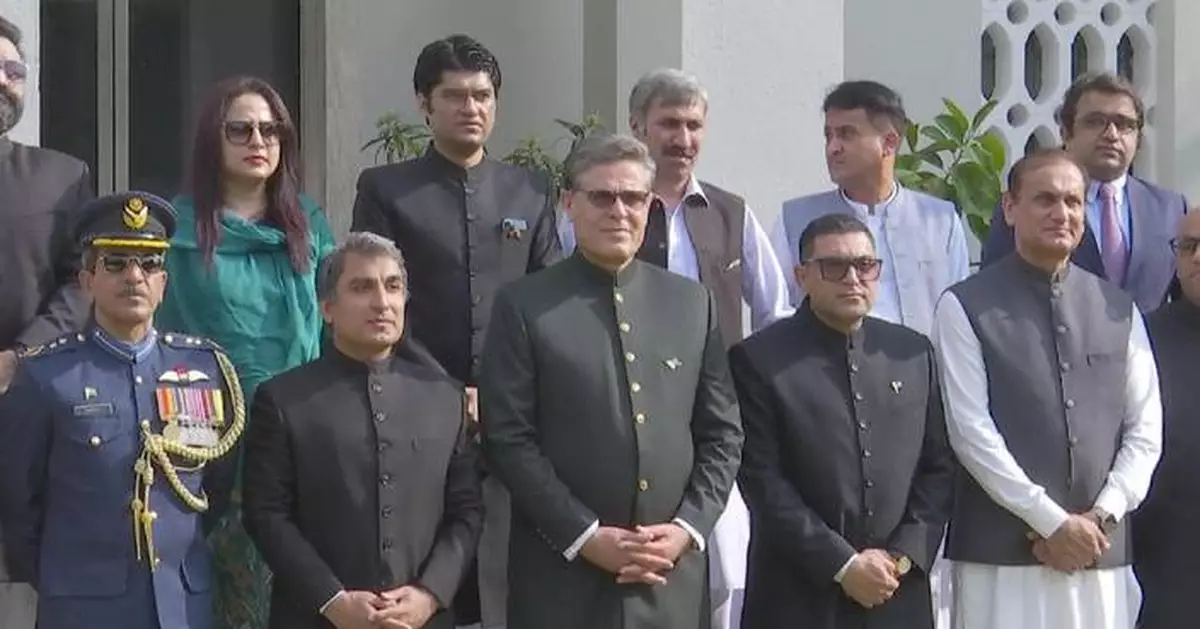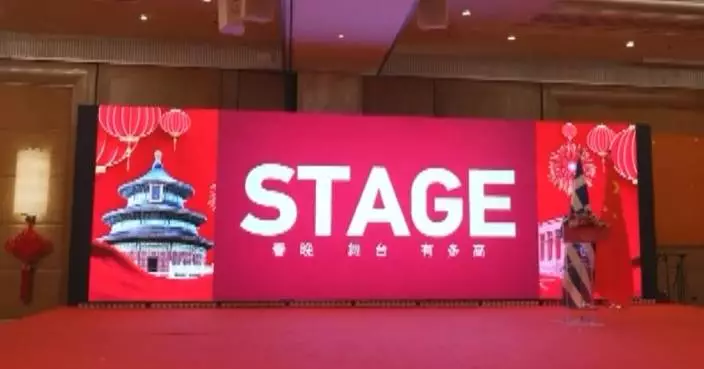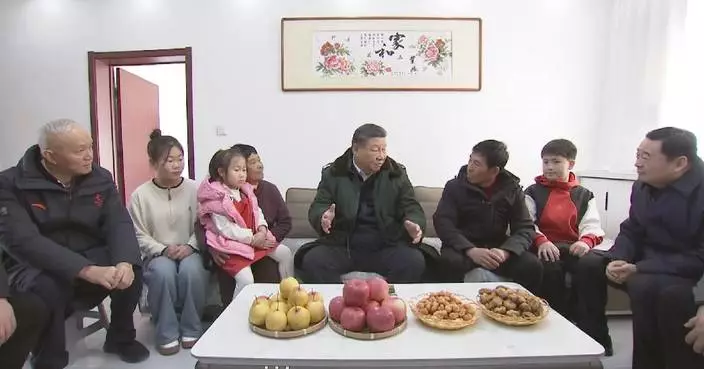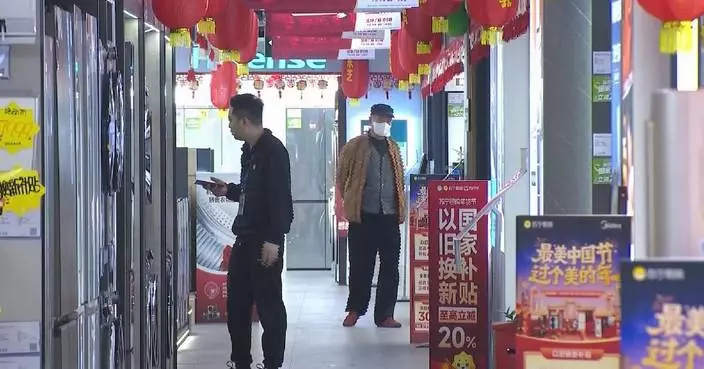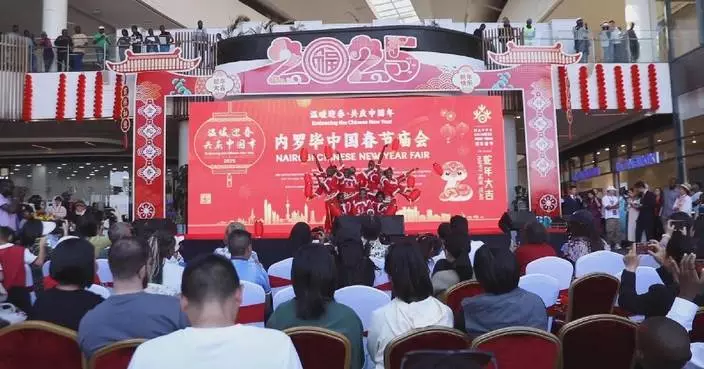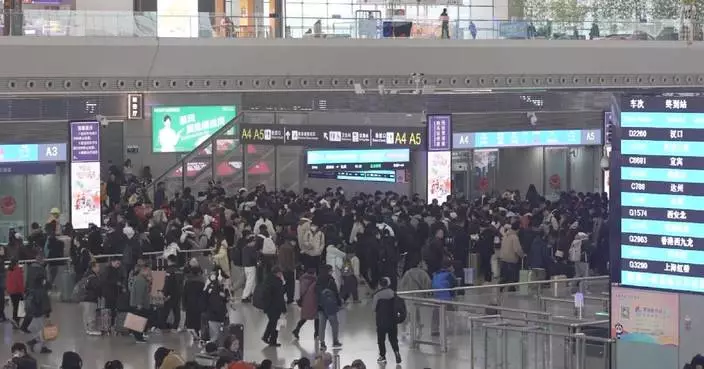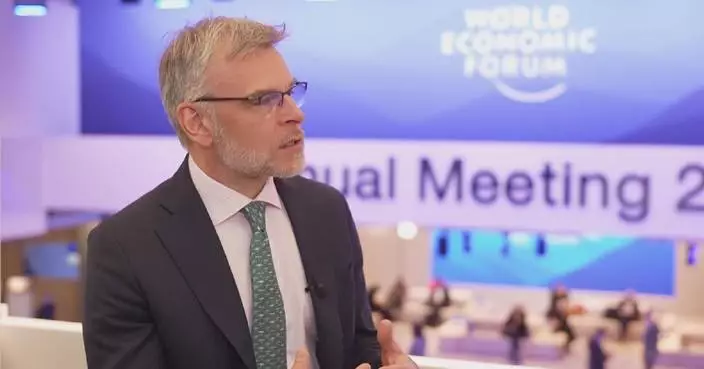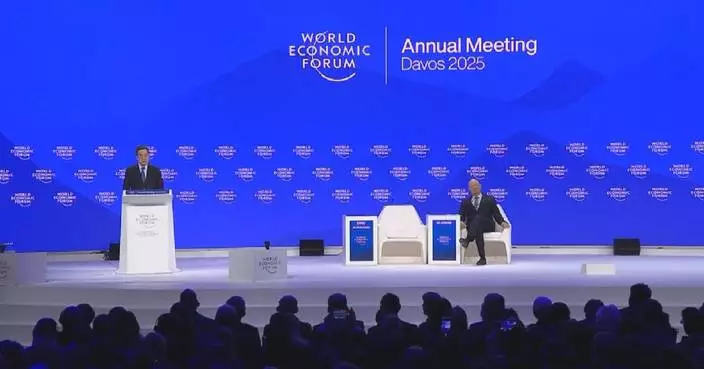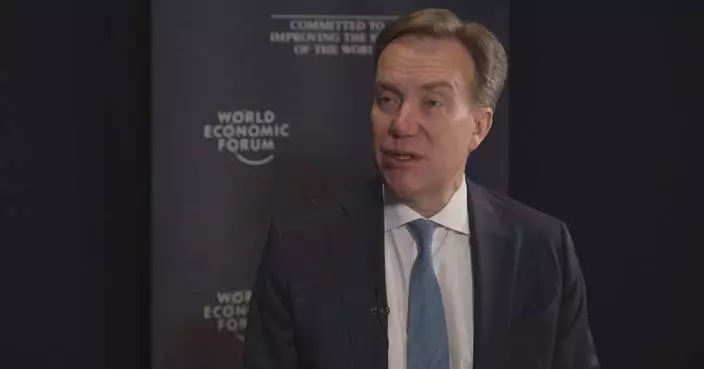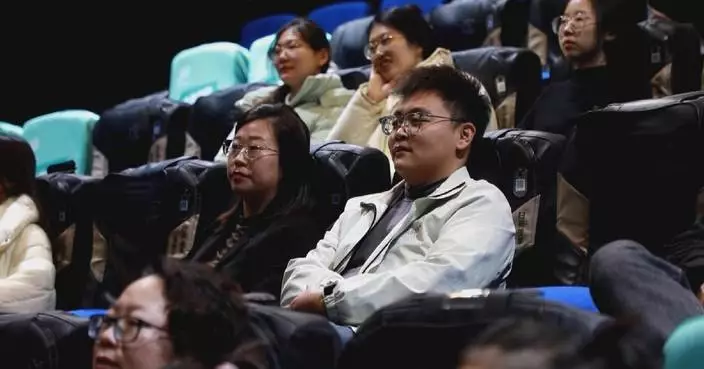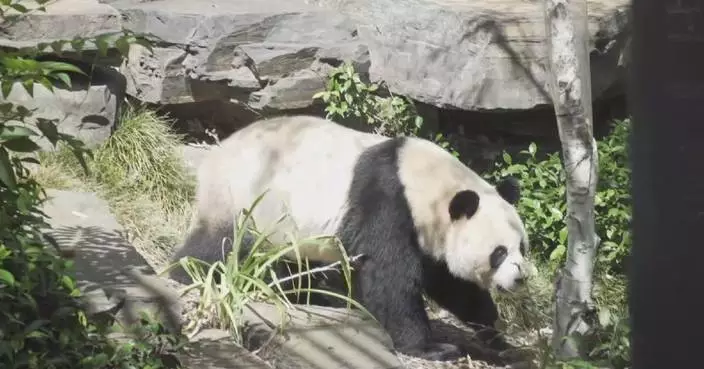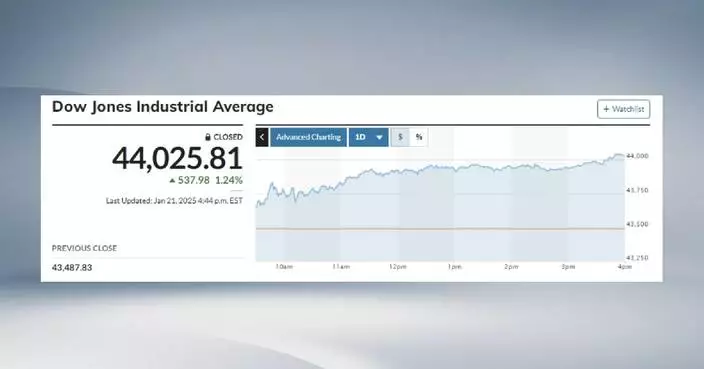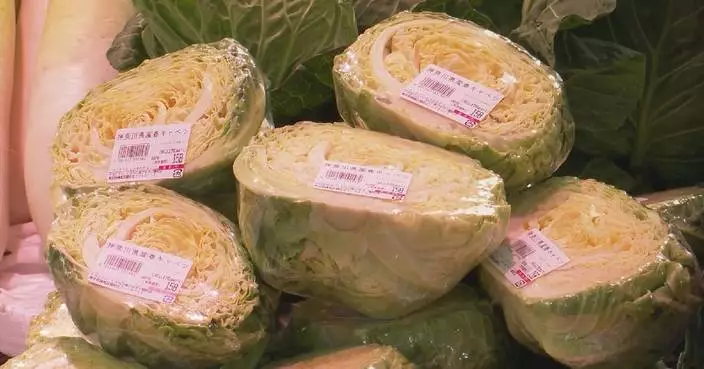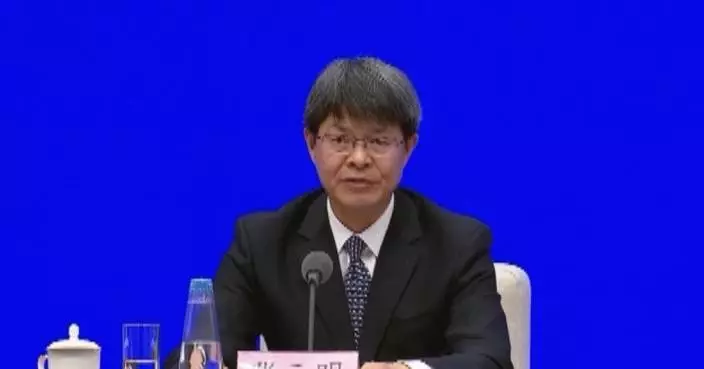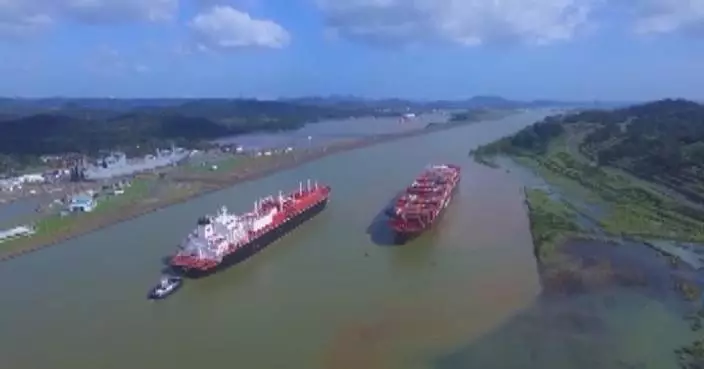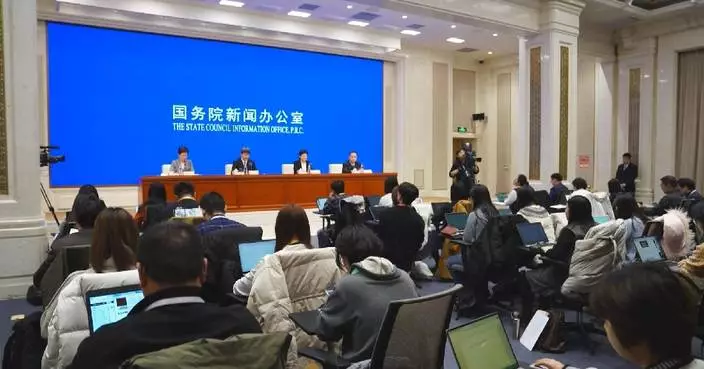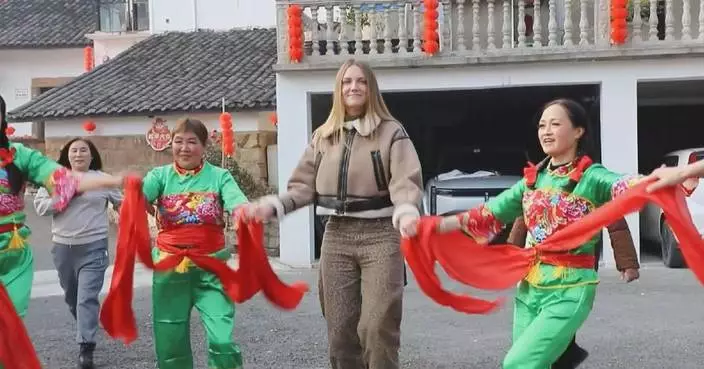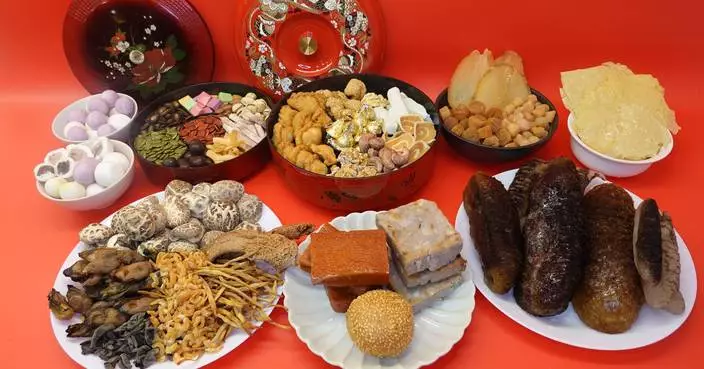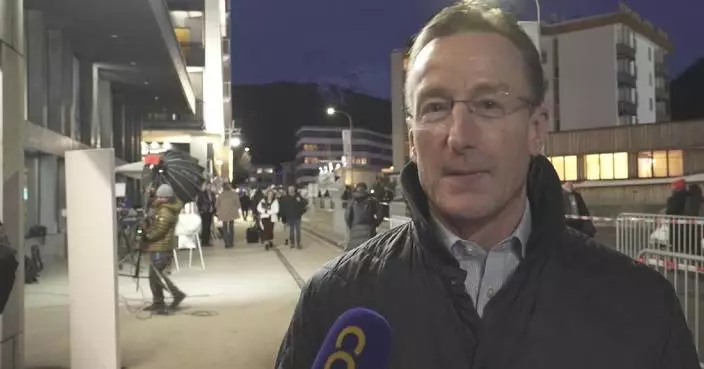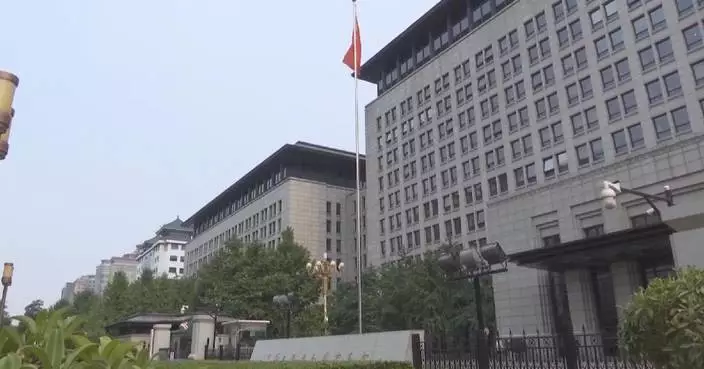The Embassy of Pakistan in China held a flag-hoisting ceremony to celebrate Pakistan's 78th Independence Day on Wednesday.
The Independence Day falls on August 14 every year to mark Pakistan's independence from British rule in 1947.
To mark the occasion, attendees donned traditional Pakistani attire, the shalwar kameez, as the embassy courtyard came alive with music and a festive atmosphere.
Khalil Hashmi, Pakistan's Ambassador to China, said that his country "takes a lot of pride" in what it has achieved nationally, and also hailed the strength of ties with China, with the two neighbors having been described as "iron brothers."
"Looking at Pakistan-China relations, we also take a lot of pride in having developed a very stable, a very strong bilateral, strategic partnership between our two countries," said Hashmi.
The ambassador noted that there is no area in which the two countries have not engaged bilaterally, with cooperation spanning the realms of diplomacy, politics, defense, economy, trade, investment, culture, education, agriculture, and science and technology. Hashmi also expressed deep admiration for the recently-concluded Paris Olympics and praised the performances of athletes from both China and Pakistan who showed great grit and determination in their chosen events.
"What I found most amazing is I saw some of the glimpses of how Chinese athletes and sportspersons have performed. I think it was a treat to watch them, that spoke to their very hard work, but also talent and resilience in the face of several pressures. But they stood out, and I think they made China proud. And I can tell you that this is also the case in Pakistan," said Hashmi.
Following the flag-hoisting ceremony, the embassy conferred civil awards to two Chinese citizens, namely Sha Zukang, former president of the China-Pakistan Friendship Association, and Nong Rong, a former Chinese ambassador to Pakistan, for their distinguished contributions in cementing China-Pakistan relations.
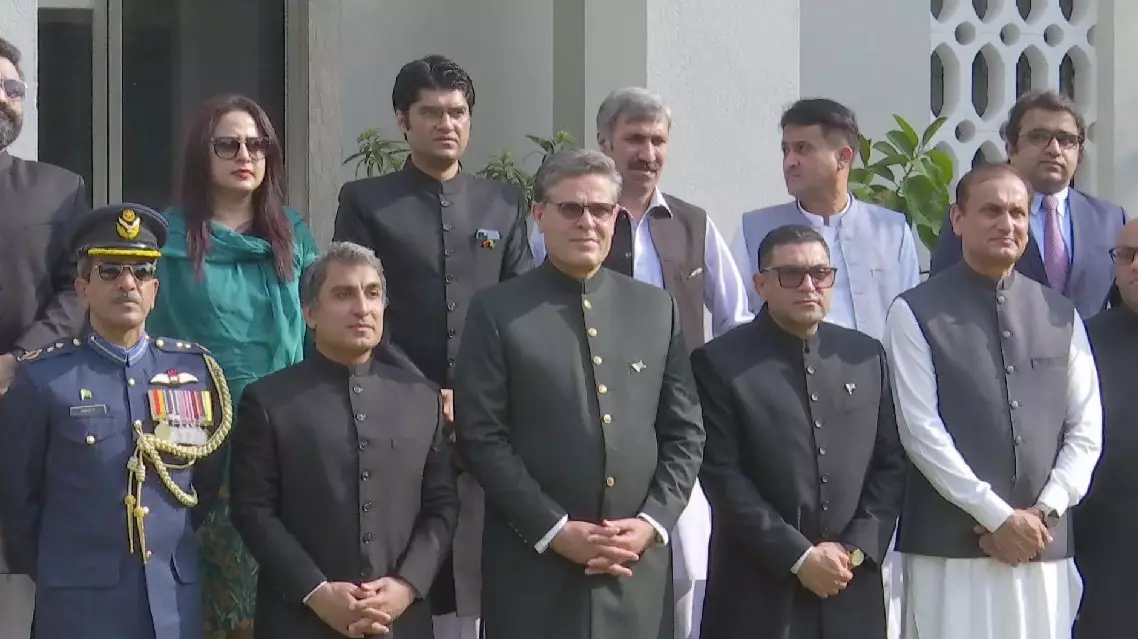
Pakistani embassy in Beijing celebrates 78th anniversary of Pakistan's independence
An official with the World Economic Forum (WEF) has stressed the importance of establishing an adaptable mechanism for dialogue and cooperation that allows the global economy to fully benefit from the development potential of new technologies while managing the associated risks.
Mirek Dusek, one of WEF's managing directors, was speaking on the sidelines of the 2025 WEF Annual Meeting, which commenced in Davos, Switzerland on Monday.
The five-day event has gathered around 3,000 participants from various regions and industries around the world under the theme "Collaboration for the Intelligent Age," highlighting the need for greater collaboration against a backdrop of rapid technological advancements and global divisions.
In an interview with the China Global Television Network (CGTN) on Tuesday, Dusek said WEF is monitoring "two big forces" they believe are changing the world economy.
"On one hand, we are living through quite a unique time in terms of technological advancement and innovation. But on the other hand, of course, we are also tracking forces of fragmentation. We are seeing a more competitive geopolitical landscape, shifting value chains and supply chains, and of course, also social polarization in certain societies around the world," he said.
With the current uncertainties in the world, Dusek stressed the importance of building a suitable platform for dialogue, and ensuring that such a mechanisms is adaptable to respond to the various challenges.
"Given the trends that we are seeing in the global economy, in international relations, that function of bridging and dialogue could not be more important. It's very important that we have mechanisms where we can have dialogue and cooperation, and of course, we also need to be on the front foot of thinking, 'Okay, how do we make sure that the collaborative mechanisms are fit for the 21st century?'" he said, adding that this will be one of the focuses of the current Davos meeting.
Dusek also emphasized China's vital role in promoting global economic growth and technological development, describing the country as a "key actor" in helping the world transition to a new era of tech-driven development.
"Everyone understands that we need to be on our front foot, really thinking creatively around how do we relaunch growth that is inclusive, sustainable. But how do we relaunch growth in this new situation for the world economy? And China plays a very important role in that endeavor, on development, on trade, of course, as well. On technology, I mentioned the theme, 'The Intelligent Age'. What we are trying to communicate with that is that there is a huge opportunity around some of these technologies. What is quite special is that it's not only one technology, but we are seeing, at this moment, whole sets of technologies that are going to market and exponentially changing industry and economy. If we have this huge opportunity around these technologies, how do we design [not only] our dialogue mechanisms, but also our collaborative mechanisms to be able to harness these technologies for the benefit of the world economy while taking care of the risks," he said.
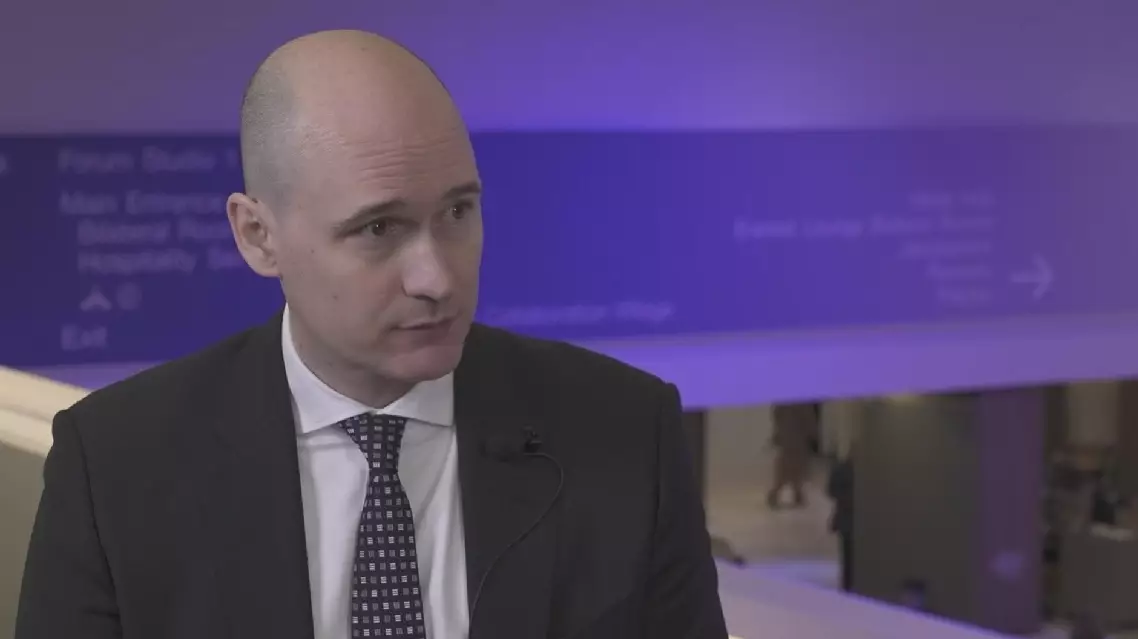
WEF official calls for mechanisms to foster dialogue in new tech era, boost world economy



